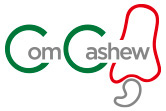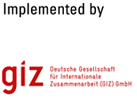News

ComCashew
Apply now for the Cashew Research Grant
Are you involved in any research activity within the cashew sector? Are you in a member state of the Organisation of African, Caribbean, and Pacific States (OACPS). Are you from a public research institution or entity with a high interest in sustainability, biodiversity, climate resilience, cashew production systems, as well as local cashew processing and value addition?
Do you have an innovative research idea that makes the cashew value chain more productive, sustainable, and climate-friendly?
Does your organization need support for its research activities on cashews with multi-stakeholder approaches through the mobilization of scientific and local knowledge? Do you have consortium partners to collaborate with to foster exchange among researchers and practitioners to share results and build synergies through research proposals?
Then this is a unique opportunity for you to realize your goal!

ComCashew
Apply for the Matching Grant Fund for Climate-Resilient Value Chains and turn your agricultural innovation into a reality.
Do you know that your innovative idea for the cashew, cocoa, maize, cattle, sheep, or goat value chains in an OACPS member state could secure you a golden funding opportunity?
The "Matching Grant Fund for Climate-Resilient Value Chains" is back and ready to turn your vision into reality. We're looking for project ideas that make these value chains more inclusive, sustainable, and profitable.
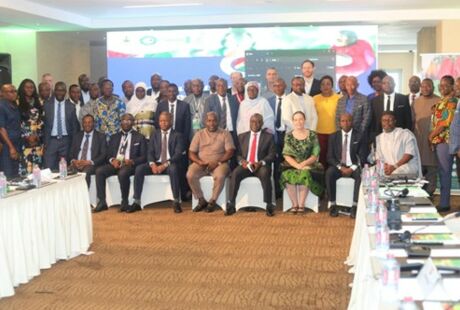
ComCashew
Ghana Hosts 6th Annual Consultative International Cashew Council (CICC) Ministerial Conference
On April 20th, 2024, the 6th annual Consultative International Cashew Council (CICC) Ministerial Conference and Technical Experts Meeting was held at the Kempinski Hotel in Accra, Ghana. This significant event was held alongside the Technical Expert meeting, Development Partners meeting, ComCashew Board Meeting, and a two-day Cashew Research Conference from April 16th to 20th, 2024.
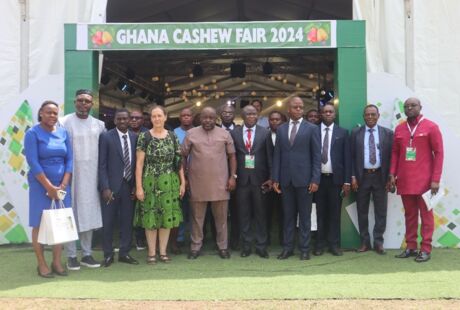
ComCashew
Ghana Hosts Successful National Cashew Fair Showcasing Industry Innovations
From April 17th to 20th, 2024, Ghana's Afua Sutherland Park in Accra was the bustling center of the National Cashew Fair, an event organized by the African Cashew Alliance (ACA), the Tree Crop Development Authority (TCDA), the Cashew Council Ghana (CCG) and the Association of Cashew Processors Ghana (ACPG). The fair brought together key players in the cashew value chain, particularly processors, to showcase a variety of cashew products and by-products, fostering an environment ripe for networking and collaboration
Read more … Ghana Hosts Successful National Cashew Fair Showcasing Industry Innovations
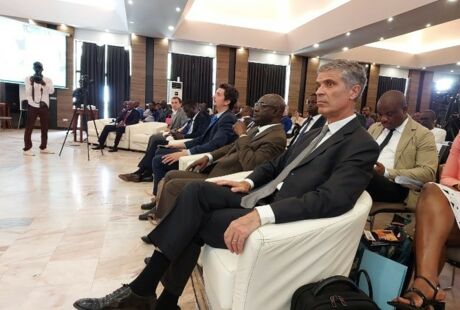
ComCashew
GIZ/MOVE-ComCashew participates in the 17th annual ACA conference & Expos: Burkina Faso will host the 18th conference in 2024
Senegal, more precisely the municipality of Saly, hosted the 17th edition of the Annual Cashew Conference and Exhibition organised by the African Cashew Alliance (ACA) from September 18 to 21, 2023. The conference was sponsored among others by USDA/PRO-Cashew, GIZ/MOVE-ComCashew, the German Federal Ministry for Economic Cooperation and Development (BMZ), the European Union (EU), and the Organization of African, Caribbean and Pacific States (OACPS) etc...
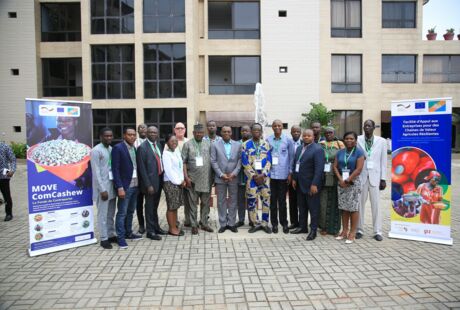
ComCashew
Matching Grant Fund: CICC Experts Evaluate 77 Concept Notes for the Cashew Sector
A committee composed of 17 experts from the Consultative International Cashew Council (CICC) evaluated from July 31 to August 4, 2023, in Grand Bassam, a seaside town in southern Côte d'Ivoire, 77 concept notes of the cashew value chain .
These concept notes were received as part of the first call for applications launched in June 2023 by the MOVE-ComCashew project for its competitive Matching Grant Fund.
Read more … Matching Grant Fund: CICC Experts Evaluate 77 Concept Notes for the Cashew Sector
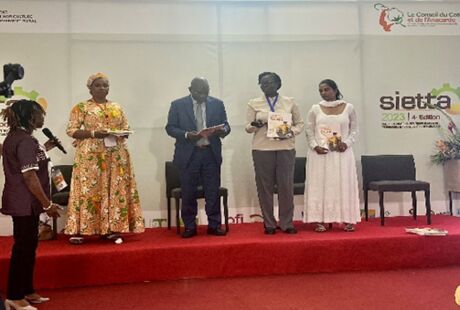
ComCashew
Launch of Cashew Recipe Book
On 07 April 2023, on the sidelines of the 4th edition of the International Exhibition of Equipment and Technologies of Cashew Processing (SIETTA) held the official launch of the cashew recipe book at the Palace of Culture in Abidjan. The Director General of the Cotton and Cashew Council, Dr.Adama Coulibaly launched the cashew recipe book.
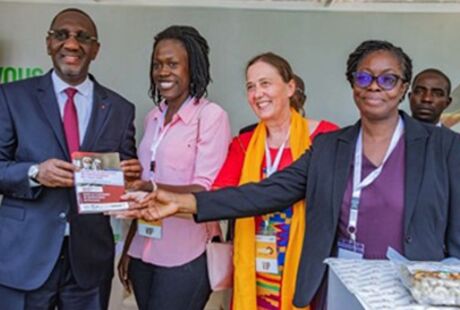
ComCashew
The launch of cashew nut processing guides
On 6th April, 2023, the official launch of the French version of the cashew nut processing guides was held at the Palais de la Culture in Abidjan, during the 4th edition of the International Exhibition of equipment and technologies for cashew nut processing (SIETTA) . The Minister of Trade, Industry and Promotion of SMEs, Dr. Souleymane Diarrassouba, not only initiated these guides but also graced us with his presence at the launch of these guides.
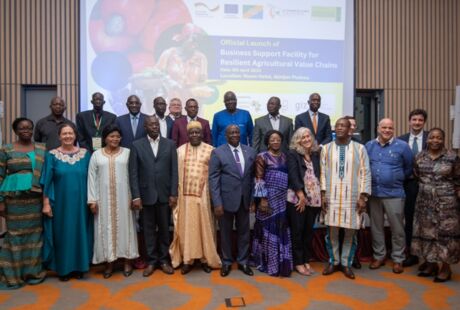
ComCashew
Launch of the joint action "Business Support Facility for Resilient Agricultural Value Chains" in Abidjan
On April 5, 2023, the Joint Action "Business Support Facility for Resilient Agricultural Value Chains" was successfully launched in Abidjan. This joint action comes from the European Union (EU), the Organization of African, Caribbean and Pacific States (OEACP) and the German Federal Ministry for Economic Cooperation and Development (BMZ).
